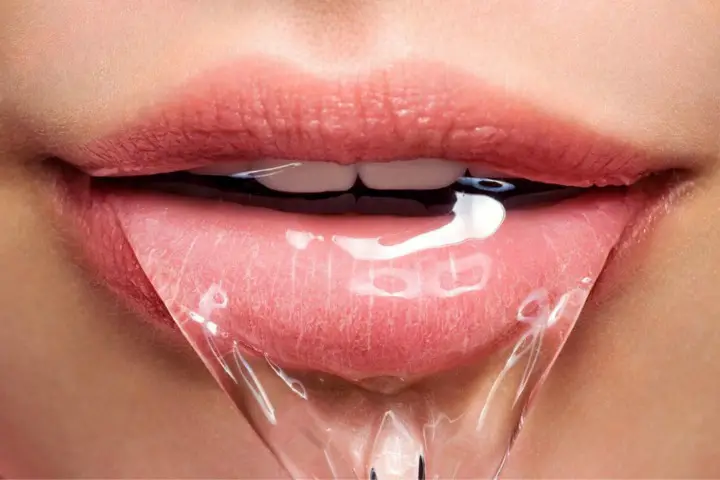
Important: This article is for informational purposes only. Please read our full disclaimer for more details.
Saliva is a lucid liquid that comes in the form of water and is secreted by salivary glands. The salivary glands in our body are present in the mouth and it generates about 2 to 4 pints of saliva every day. However generating saliva in the mouth is also the vital process in the body as it aids in the process of digestion. Producing saliva in your mouth is good as it keeps your mouth hydrated and makes you feel comfortable. Saliva is helpful in chewing, swallowing as helping with the taste of the food. It helps to combat with germs in the mouth and stops bad breath. Saliva is helpful to prevent a number of dental problems and it terminates tooth decay, cavity, gums, and other oral troubles. But producing excessive saliva in the mouth is harmful for your health and that needs treatment.
Article Contains
Causes of Excessive Salivation
- Consumption of several medicines or drugs
- Arsenic poisoning
- Tumors in the lips or the tongue which obstructs with movement
- Changes in hormones
- Syphilis infection
- Down’s Syndrome
- Cerebral palsy
- Tuberculosis
- Improper setting of dentures
- Acute sinusitis or chronic sinusitis
- Mercury poisoning
- Bacterial infections in the mouth
- Allergies
- Rabies
- Teething in case of babies
- Sore in the mouth, or wrecked teeth.
How to Stop Excess Saliva?
1. Take Care of Baby dribble
Mostly saliva is generated in the mouth is when they start teething. Saliva generation is common but excessive saliva is not good. It is important to clean the tongue, wipe any saliva that is released from the mouth and if you think it is excessive then you should visit the doctor.
2. Right Fitting Denture in Mouth

Another cause of excessive salivation wearing the braces and it elicits the chemicals from that brace that causes too much salivation mostly at night. Ensure that you take good care of your dentures.
3. Sleep in the Right Position
One more important notice is that you must change your sleeping position as sleeping sideways produces more salivation. So, you should try to sleep on your back that helps to stop salivation in the mouth.
[ Read: Home Remedies for Oral Thrush ]
4. Inhale Through your Nose
Blocking of the nose causes excessive salivation and this can be avoided by ensuring that you always breathe only through your nose. When you breathe through your mouth it causes the salivary glands to produce excessive saliva.
5. Change Your Diet Habit
You must include the right foods in your daily diet. Eat dry cereals, crackers, baked chips, and toasts are the best foods to help get rid of excessive saliva in your mouth. If your mouth produces too much salivation then take containers and pack up dry cereals and crackers and have them all time.
You must avoid spicy, sour foods and sweets more they cause creating more saliva in your mouth.
6. Use Medication

There is one medicine called glycopyrrolate that lessens the production of saliva and this is the best drug that is recommended to children and adults who drool too much.
7. Surgical Option
If there is a disruptive tissue like diverged septum, distended tonsils, or an outsized tongue that can generate excess salivation so you can also choose the surgical option of nasal surgery that comprises of numerous processes that can easily glue impediment such as deviated septum. A tonsillectomy helps to eliminate outsized tonsils that cause excess salivation.
Using these procedures for the treatment of salivation is extremely helpful for you that provide easy way to get rid of excessive production of saliva in few weeks. It is essential to take good care to prevent hyper salivation as it can lead to other disorders.
You Might Also Like:
- Vanilla Extract For Teething
- How To Get Rid Of Black Tongue Naturally
- How to Whiten Your Teeth Naturally at Home
- How To Whiten Your Teeth With Baking Soda – 7 Best Ways
- 7 Best Teeth Whitening for Sensitive Teeth
Image:- 1















